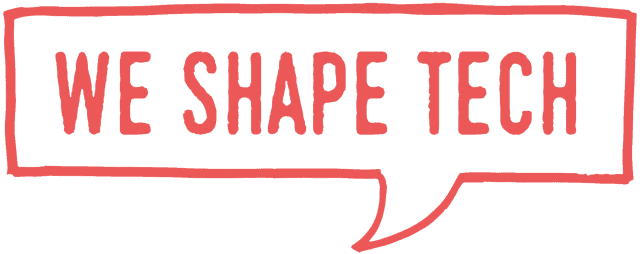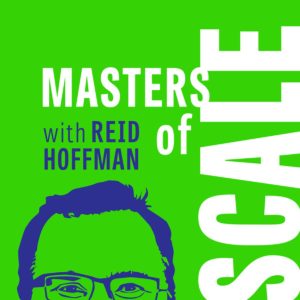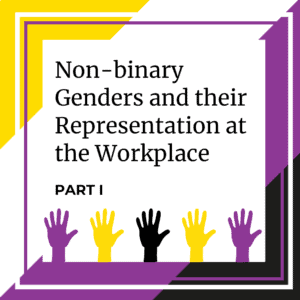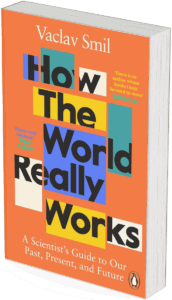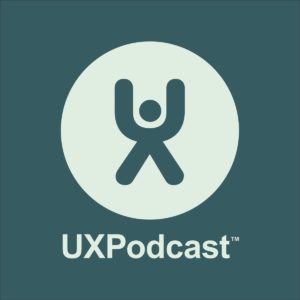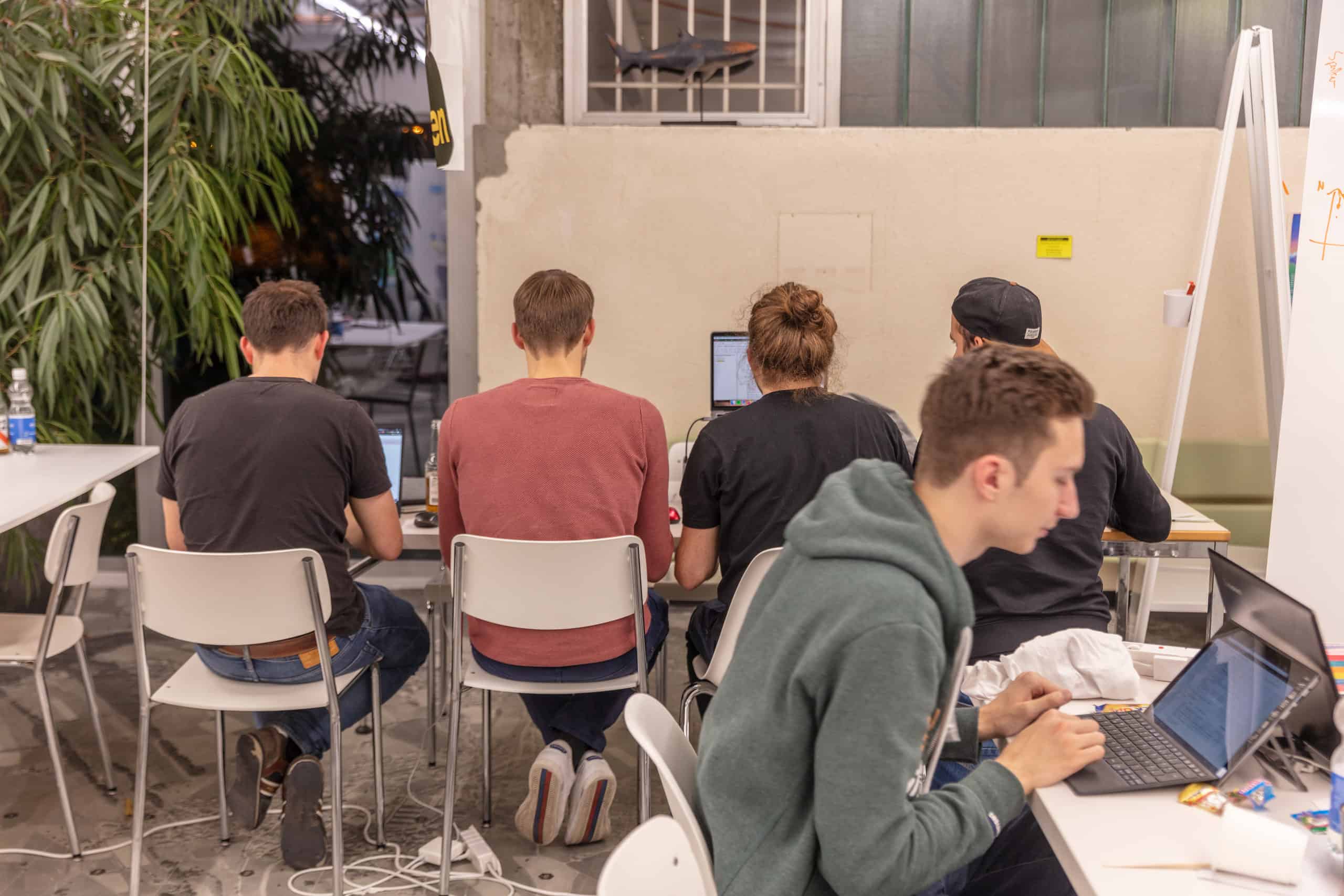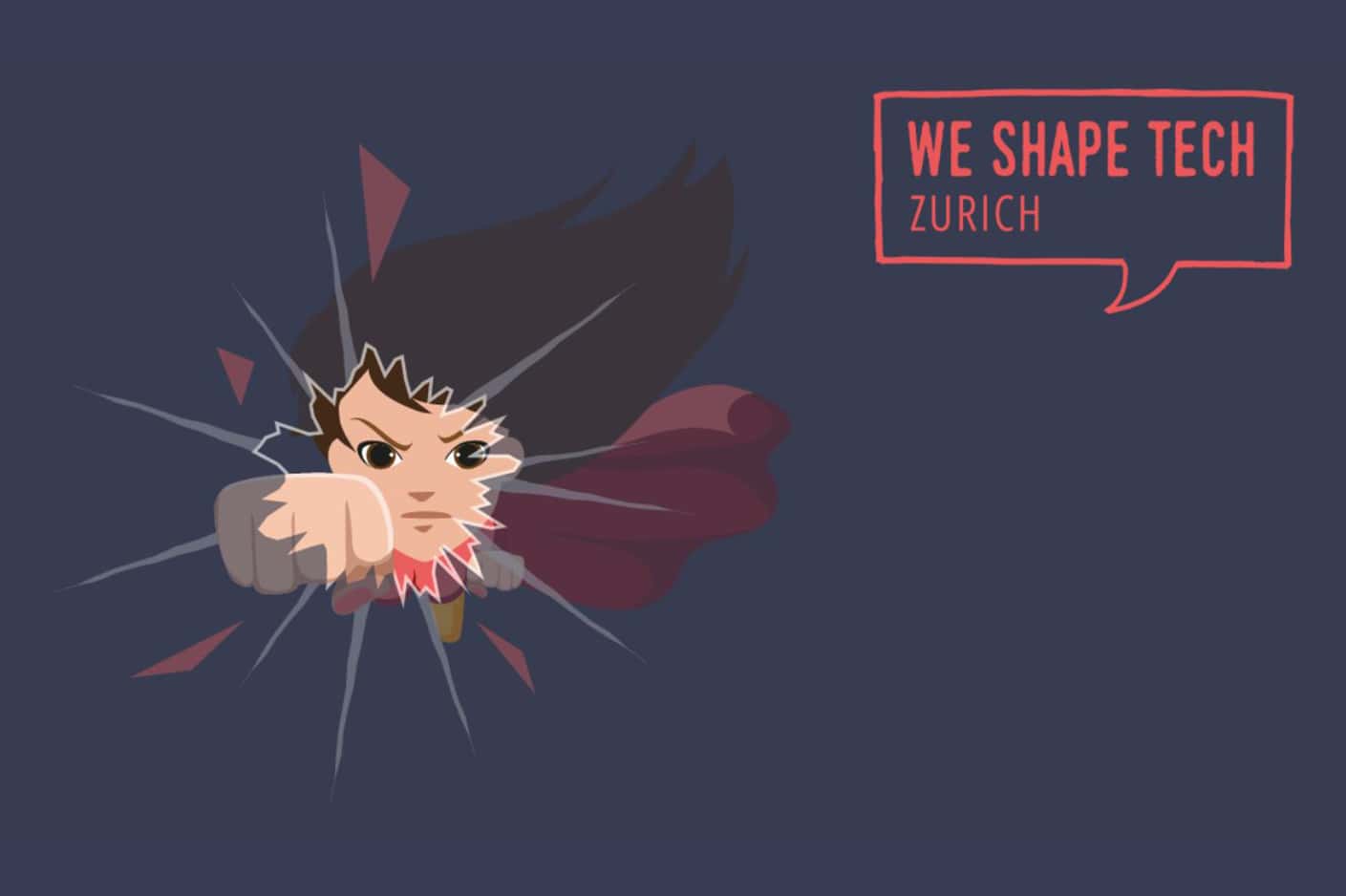Every month we ask one individual in our network a few questions about their way into tech, their motivation and their lessons learned.
Let’s start from the beginning. Tell us about where you’re from!
“Where are you from” is not a question with a short answer for me 🙂 I was born in a small – and I mean small, ~70 families – mountain village at approximately 2’500 meter above sea level in North-Eastern Turkey, pretty much at the border to Georgia and Armenia. We then moved to Istanbul when I was 10, where I spent most of my formative years. I left the country for a PhD in Photogrammetry and Remote Sensing with a minor in Cartography and Geoinformatics and an elective specialization in Work Psychology nearly 25 years ago and have lived in many countries since, with Finland and Switzerland making up the biggest slices of these decades. Currently I work as a professor of Computer Science in Human Computer Interaction and Extended Reality at the Institute of Interactive Technologies (IIT) of the University of Applied Sciences and Arts Northwestern Switzerland (FHNW). As of April 2022, I was elected as institute director at the IIT.
What valuable advice did you get from your parents?
“Don’t believe in anything blindly, use your own reason” (my dad), “Curiosity, knowledge and intellectual pursuit are great life goals, but never forget to check that you are happy doing what you do” (my mom). There are many more small and big pieces of wisdom I got from them but I would say these two are great principles to live by. “Use your own reason” allows re-examining convention and tradition, but also builds confidence as it signals that you are permitted to trust your own mind. On the other hand, “don’t forget to be happy” brings balance against ambition and reminds you that life is short.
For me the latter has also been a great reminder in my professional life that while aiming high is fine, not only for me, but also people around me, the mood matters just as much. We live, we do a few things, and we die. Why not do those few things that add a little sparkle and fun!
How did you become interested in tech?
I have always been fascinated with what was behind the stuff we took for granted. As a child, for example, I often wondered how one can tell dreams from reality. Then I was fascinated by phone/radio/TV – how is it possible that you can capture voices or images and transport them somewhere else so fast? To this day, I can’t get over how amazing it is that humanity figured out that there are signals beyond our perceptual limits, and not only have we understood that there is information beyond our sensory experience, but we can utilize such information to do what we take for granted today: the Internet, smartphones, planes (400 tons that can actually fly).
What in your current professional role exactly relates to this?
After a PhD in Finland at the then Helsinki University of Technology (now Aalto) and a decade at the Faculty of Science of University of Zurich, I moved to the Institute of Interactive Technologies at the University of Applied Sciences and Arts Northwestern Switzerland. As such, the last two decades of my life allowed me the privilege to ask big questions as well as question their implications in our everyday lives.
For example, in one of my research tracks, my teammates and I examine how we can understand cognitive abilities of people especially in connection to aging, and develop technologies at the service of people who would be otherwise disadvantaged. It’s amazing to discover how aging works and what one can do to adapt our tools to counter its negative effects. In another research track we examine illusions in visualizations, also opening up fascinating technical and cognitive challenges, e.g., why do we get illusions, and can we automatically “correct” for them where they may be detrimental for visual information processing.
We get to solve hard technical problems with most recent technologies (isn’t artificial intelligence a fascinating concept?) and relate the science and technology concepts to human abilities and shortcomings (natural intelligence is fascinating too!). We also do projects that have to do with spatial cognition and computation; how to model the insides of objects using machine learning for extended reality, or how to make drones more efficient in search and rescue missions using virtual simulations and training environments, for example. Extended (virtual, augmented, mixed) reality is fascinating too, because it is a concrete example of how technology can lead to an existential shift. There are so many philosophical implications around this that I’d have to write a book!
What aspects of your work are you proudest of?
I have what I call “geek moments” where I master a hard skill, understand a complex new phenomena, or solve a hard problem. I also feel proud when the teams I am involved in (as a leader or participant) set the bar high regarding quality, and yet still enjoy what we do. Having had success with grant acquisition, international collaboration and publishing – which is sort of expected in our work – also fills me with pride. And joy.
What drives you at work?
First and foremost, I enjoy the processes of science and technology and appreciate the outcomes. I also like constructive relationships in the team and of course enjoy explicit recognition and professional respect by my peers, colleagues and extended professional circles.
What has been your toughest challenge you faced while working in tech?
My answer could have been very different in the past, possibly I’d make references to biases against my “external identities” as a woman, as a foreigner etc., but these days it just has to be the big fat “to do list”. The only way to deal with it as far as I can think of, is by learning to prioritize right, and when/if there are competing priorities which you can’t cope with, trust that the other people around you will rise to the occasion: delegate or ask for help. If anyone has tips, I’ll be happy to hear!
Do you have a favorite book or podcast?
There are many, of course. But for the sake of brevity, I’ll highlight just two of them.
I loved Margaret Heffernan’s TED talk titled “Dare to disagree” if you haven’t seen it, you should! Not only does it contain great advice about speaking up, but also masterfully tells us about a scientist’s (Dr. Alice Stewart, one of the few women in the medical profession for her times) saga to revise a deadly practice in medicine.
The second one has nothing to do with science or technology. However, assuming we have a lot of women reading this interview, and given how little it is covered elsewhere due to a senseless taboo, I’d like to mention a book every woman (and man, too) should probably know about: The menopause manifesto: Own your health with facts and feminism by Dr. Jennifer Gunter.
Here is a podcast with the author if you’d like to check it out before ordering the book:
How does digital transformation impact your and other women’s career opportunities?
I think the impact of digital transformation is (so far) overall positive. Or at least it has been for me. For example, I would say the Internet was a key enabler for me to gain international experiences and develop professionally. Of course, there have to be philosophical considerations about the long-term impact of going more and more digital (Is “information obesity” a thing? Perhaps all that screen time is not good for us after all?). But for the moment, I think it opens people’s eyes to others’ experiences and enables personal and professional development. For women, I am not sure if there are specific implications – I suspect it is the same for everyone from a career perspective.
What advice would you give other women in tech?
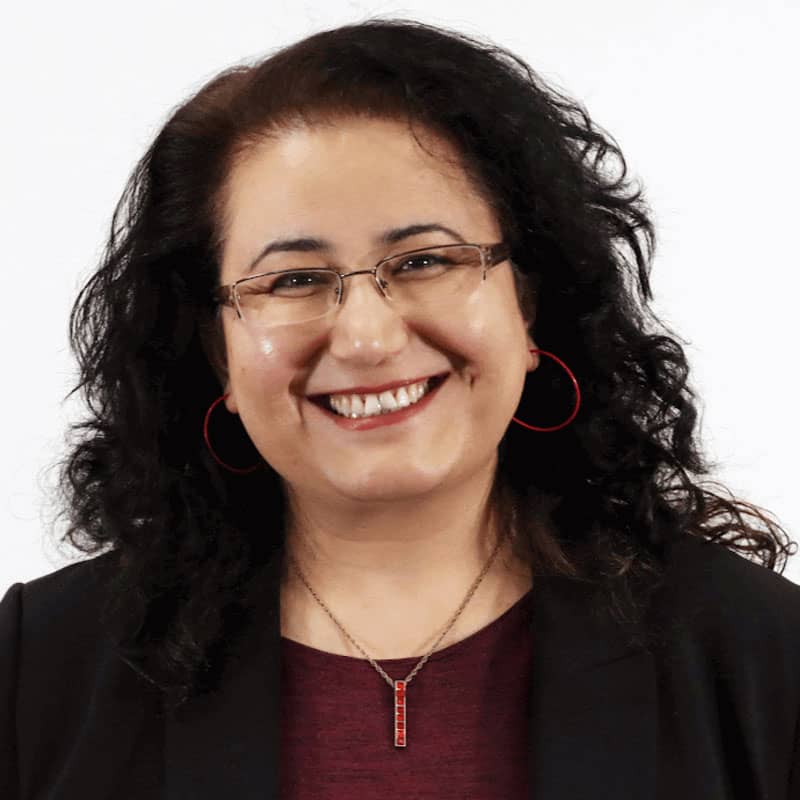
Just remember that this happens also due to race or ethnicity, not only based on biological sex / gender, as we are all vulnerable to unconscious bias. When you are disadvantaged, try not to dwell on it for too long or you will get sucked up in a negative spiral. Take a deep breath, ask for help if needed, and keep going. Don’t allow other people’s misbehavior to break your spirit.

If you are in a position where you witness someone else being disadvantaged for the wrong reasons, and you can affect the situation, do your part.
